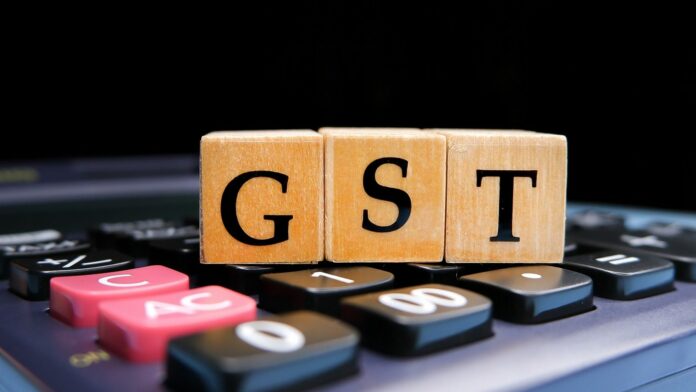KUALA LUMPUR, Sept 20 — Should the goods and services tax (GST) make a comeback in Budget 2023, the government may consider a rate of between four and 6 per cent following a stringent assessment of the potential revenue that it could collect to support its spending, says Ernst & Young Tax Consultants Sdn Bhd (EY).
EY Malaysia tax managing partner Farah Rosley said the possible reintroduction of the GST has been a topic of discussion, and she believes GST, being a broad-based consumption tax, will contribute to the revenue collection of the country.
However, she said the GST rate must be reasonable and not burdensome to taxpayers and consumers, and the implementation and compliance should be simplified, with minimal disruption to businesses.
“Communication with stakeholders, including businesses, is key while expediting GST refunds and (having) a simplified and transparent system are also paramount to the successful reintroduction of the GST.
“Adequate time must be given for businesses to prepare for the implementation,” she told Bernama via email recently when asked on the company’s wishlist for Budget 2023, which is slated to be tabled by the government on Oct 7, 2022.
Farah said the government may consider releasing a “tax roadmap” that maps out the potential key changes to the tax regime in the country, together with a timeline for consultation and an estimated introduction date, as well as the rationale for the introduction of any relevant taxes to provide certainty and comfort to investors.
New taxes should encourage private sector
On possible new taxes to increase the government’s tax revenue, Farah said prior to introducing any new taxes, the government should undertake a thorough study and appropriate public consultation.
“New taxes, if any, should encourage the economic activity of the private sector,” she said.
According to Farah, the government should be sensitive to small and medium enterprises (SMEs) and ensure that this sector is not negatively impacted by new taxes, especially during the recovery period from the post-COVID-19 pandemic.
“Overall, there must be a balance in increasing tax revenue collection and attracting investments into the country. Tax should not be the reason for businesses moving to informal sectors or ceasing operations in Malaysia,” she added.
Farah also shrugged off the possibility that the prosperity tax (Cukai Makmur) will continue in Budget 2023.
She said the prosperity tax is a once-off tax introduced in Budget 2022 whereby a higher income tax rate of 33 per cent is charged on chargeable income in excess of RM100 million, while the chargeable income of up to RM100 million will continue to be taxed at 24 per cent. “It is unlikely that the prosperity tax will be continued or extended in Budget 2023.”
Global minimum tax
On the global minimum tax of 15 per cent which Malaysia, along with other 135 countries, had agreed in principle to implement on certain multinational companies (MNCs) starting next year, Farah said to ensure Malaysia’s competitiveness, the government must make sure the incentives are carefully tailored based on the requirements of the individual investor.
“On this point, it should be noted that the Malaysian government has introduced provisions in the Income Tax Act 1967 that allows the Finance Minister to prescribe a tax rate of up to 20 per cent for a certain number of years for approved activities, subject to certain conditions.
“This provides flexibility for the government to customise tax incentive packages to attract the type of investments needed for the country,” she said.
She noted that the global minimum tax generally would only impact corporate groups with more than 750 million euros (1 euro= RM4.53) in consolidated group turnover, while smaller groups would not be subject to the global minimum tax.
Farah suggested the government continue assessing the corporate income tax rate going forward, as a lower corporate income tax rate may help make Malaysia more attractive to foreign investors.
“Our statutory income corporate tax rate is currently 24 per cent, which is higher than the 15 per cent global minimum tax rate, and is also higher than the tax rates in neighbouring countries, which generally do not exceed 20 per cent,” she said.
She also called on the government to continue providing a business-friendly and cost-competitive environment with world-class infrastructure to encourage foreign direct and domestic investments, as well as green incentives to support sustainable investments.
“The government should provide incentives to enhance innovation and productivity, for instance, giving tax breaks for research and development (R&D) activities.
“It is equally crucial to measure outcomes and track the growth of businesses that have been granted the incentives, to ensure that incentives are achieving the desired goals,” she said.



















